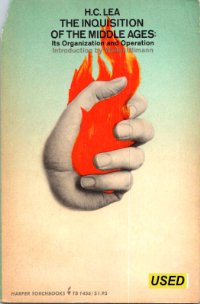By John G. Bellamy
Murder in the sixteenth century, which to English men and women of that time meant planned slaying, usually with an element of stealth or with the victim taken unawares, was not then a common crime; rather the reverse. For example, Sir Thomas Smith, the knowledgeable Tudor legal commentator, tells us that murder by poisoning was virtually unknown in his day. Also writing in the reign of Elizabeth I was William Harrison, who, in a contribution to Holinshed's Chronicles that dealt with the criminal law, its penalties and its impact on society, stated that, although manslaughter and "bloudie robberies" occurred "now and then," "we do not often heare of horrible, merciless, and wilfull murthers."1 Nor do other writers of the period who touch on criminal law or on crime and public order indicate anything different. These brief indications of a relatively low murder rate are borne out by statistics to be garnered from the extant assize records of the late sixteenth century. Because of the existence of victims' corpses, murder may well have been among the most reported of felonies (that is, reported to officers of the law), yet in Sussex and Cheshire in Elizabeth's reign only about 5 percent of all persons put on trial for felony were suspected murderers, while the relatively high rate of 8 percent in Kent has to be set against the trivial 1 percent in Essex. The overall impression is that probably about 1 in every 20 indicted felons was believed to be a murderer.
History Press Limited, Dec 1, 2008, 212 pages












